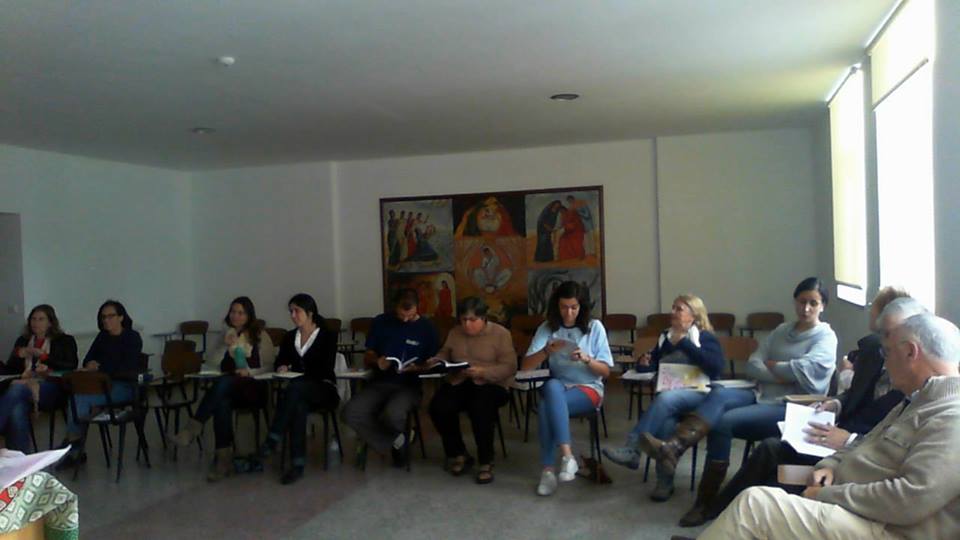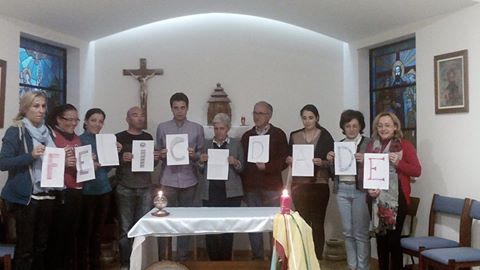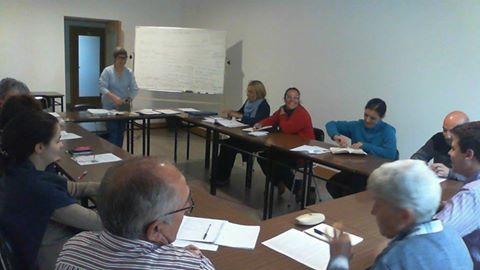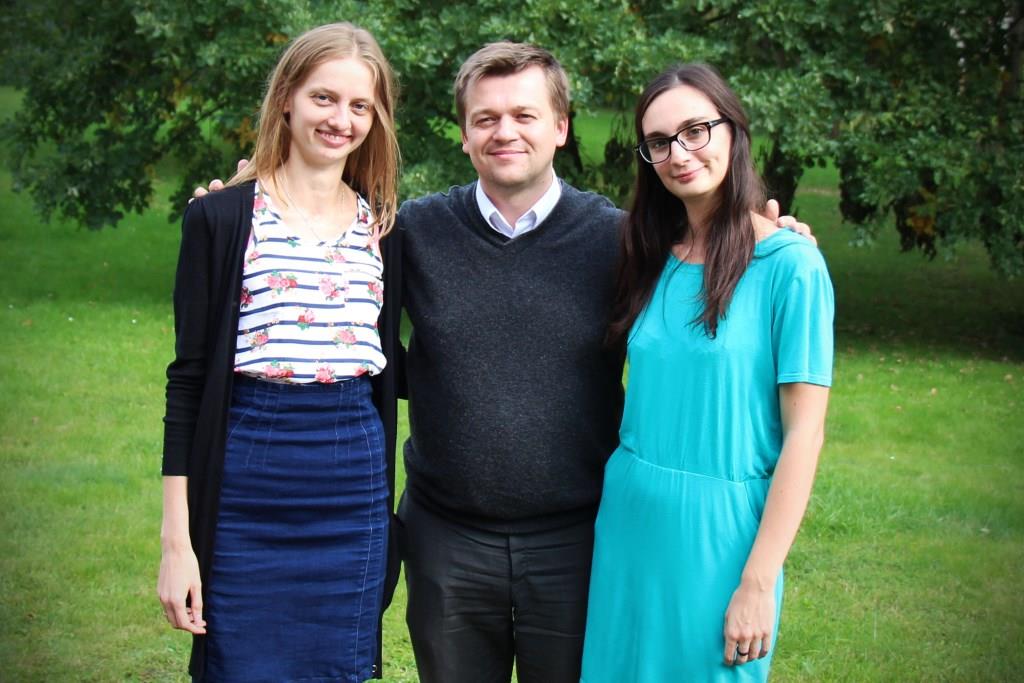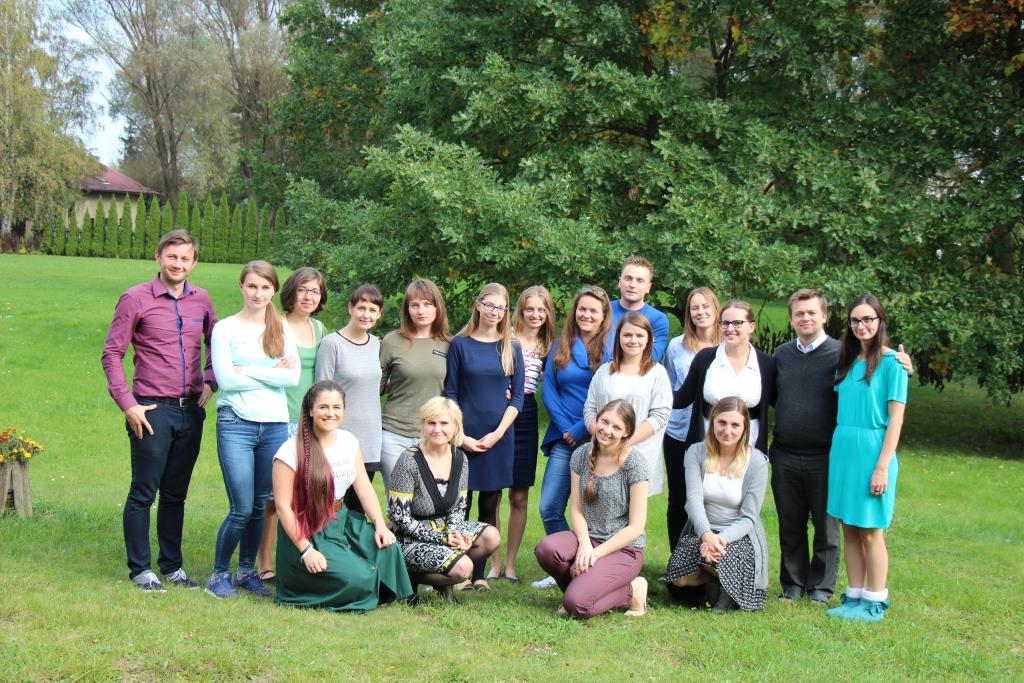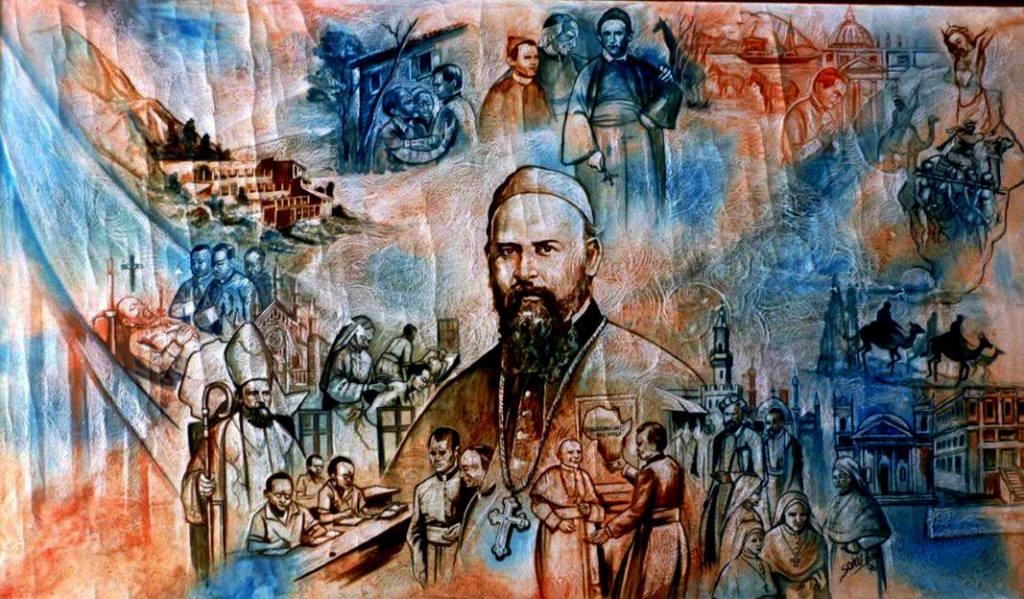 It’s my lasts days in London, where I arrived a month and a half before. This moment, while I am writing, seems a scene almost worthy of movie: I am sitting in the underground station, waiting for the tube that will take me home, ‘looking for yesterday’, ‘for everything and ‘for nothing’. At the same time as I am mentally anticipating the journey to Poland, increasingly close, I cannot avoid remember the days “around here”.
It’s my lasts days in London, where I arrived a month and a half before. This moment, while I am writing, seems a scene almost worthy of movie: I am sitting in the underground station, waiting for the tube that will take me home, ‘looking for yesterday’, ‘for everything and ‘for nothing’. At the same time as I am mentally anticipating the journey to Poland, increasingly close, I cannot avoid remember the days “around here”.
In all of this, almost without realizing it, the warning expression recorded on the ground, “mind the gap”, called my attention. Gap between… Save space … How much space is enough for us to be safe? From when and until when should we keep this space? And waiting for what? The “right time”? To go where?
Pope Francis frequently reminds us that we are invited to come out of our comfort zone and have the courage to reach all the peripheries. We should feel impelled to go further, closer, higher, deeper. To pilgrimage more.
These weeks have been, and continue to be, essential in this time of preparation for the mission. Not only because the opportunities to be in places that never had, to meet new people, the language training and learning, … But also for what I am learning about life in community and «space». I have learned that this time we live in, whatever it is, is the time of learning.
We are trainees and heirs of the great love, the love of Christ. Even if some moments seem hard to face and we think that there’s no way out; even if our «appreciation» converges to impatience, I am maturing the idea that loving God means to accept with patience and attention the meetings with others as messages of full sense, even we not feel able to understand them immediately and properly.
I remember that on my first day of classes, in one of the guides that have been given to me after the inscription, was written with great emphasis “the present is now and the future starts right now”. In fact, if we don’t give up on life, our present, we are always starting and building the future. Every day that the Lord gives us is a blessing and a sign of faith in us.
In this community I have learned about the importance of building a life that is not a closed and intransigent life; I am learning about the importance of not get hide or behind the line where everything seemed safe or guarantee. Though, I am learning that the waiting and the patience will always be essentials requests and parts of our lives that need to be mature.
I entrust that my trip did not begin here, and it is not even to finish so somewhat here. In the true travels, in the great travel, I do not think that questions about what we do have considerable interest. We came, we are and we go. And then it makes sense to feel and realize in our lives the expression of the words of the Holy Books: in this world, we have not a stable address/ residence. The scenery of the world is passing, everything has a provisional dimension.
Heidegger once compared the journey of life to a person walking in a huge forest where i tis pitch dark, where it is raining and thundering, and one has a completely lost the way. There is a bolt of lightning and for an instant the way is clear. Then it is dark again. All one can and must do is keep going in the direction one saw illuminated by the lightening flash. This is our challenge and our opportunity: to keep going, to trust that God is faithful, to remember the way in the light of those key moments through which God intervenes in our lives.
Marisa Santos. CLM Portugal




